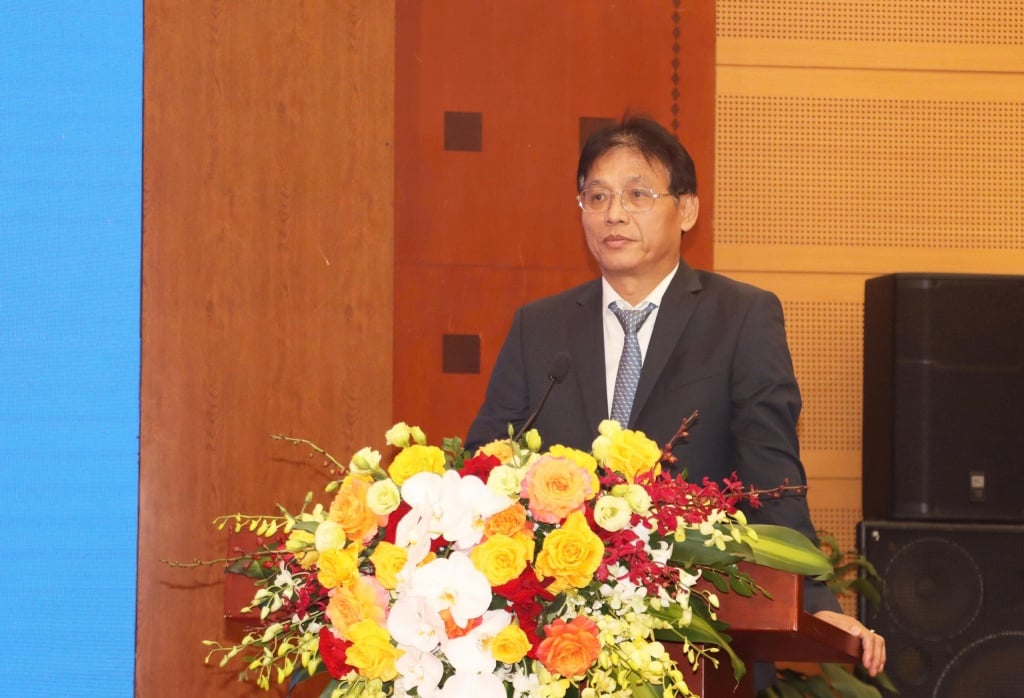
At the seminar "Improving tax and customs policies, promoting business development" held on October 16, Mr. Dang Ngoc Minh, Deputy Director of the Tax Department, said that 2025 is a very special year when the Tax sector must both complete the heavy task of collecting budget revenue and implement many important reforms in institutions, policies and organizational apparatus, creating a foundation for comprehensive digital transformation in management work.
However, according to Mr. Dang Ngoc Minh, thanks to the synchronous implementation of many fiscal solutions, by October 14, the total budget revenue managed by the Tax sector reached 1,744,000 billion VND, exceeding the assigned plan by 1.5%. Of which, revenue from the production and business sector achieved good progress, and revenue from land doubled compared to the same period in 2024.
“This result demonstrates the operational efficiency of the Government and the Ministry of Finance , as well as the great efforts of the entire Tax sector in the context of many economic challenges,” Mr. Dang Ngoc Minh emphasized.
According to the Deputy Director of the Tax Department, to accompany businesses in recovery and development, the Ministry of Finance has submitted to the Government and the National Assembly a series of fiscal policies to support production and business. Notably, Resolution No. 204/2025/QH15 continues to allow a 2% reduction in value-added tax (VAT) rates, applicable until the end of 2026.
Mr. Dang Ngoc Minh said that the 2% VAT reduction policy has been implemented stably for the past 3-4 years, and is one of the solutions to stimulate consumption, promote economic growth; while still ensuring budget balance.
In addition, Decree No. 81/2025/ND-CP and Decree No. 82/2025/ND-CP have extended the deadline for payment of VAT, corporate income tax (CIT), personal income tax (PIT) and land rent, as well as extended the special consumption tax (SCT) for domestic automobile manufacturing and assembling enterprises. The total amount of tax extended, exempted and reduced in the first 6 months of 2025 is estimated at about VND 96,749 billion, of which VND 57,800 billion is subject to extension under the two above-mentioned decrees.
“These are very drastic measures, creating practical conditions for businesses to maintain operations, ensuring jobs for workers and contributing to economic growth recovery,” affirmed the Deputy Director of the Tax Department.
Implementing the policies and solutions set out in the 10-year Socio-Economic Development Strategy 2021 - 2030; Corporate Income Tax Law No. 67/2025/QH15 takes effect from October 1, 2025 and applies from the 2025 corporate income tax period, including many new points clearly demonstrating the spirit of reform, reducing the burden on the business sector, especially small and medium enterprises (SMEs) and innovative startups.
Under the new regulations, the general tax rate of 20% is kept stable to ensure competitiveness and long-term forecasting. However, the State has applied a more flexible tax rate, reducing it to 15% for enterprises with revenue of no more than VND 3 billion/year, and 17% for enterprises with revenue of VND 3-50 billion/year.
Mr. Dang Ngoc Minh said that this is a policy that clearly shows the State's concern in sharing difficulties and encouraging small-scale enterprises - capital to create conditions for accumulation, expanding investment and restructuring operations in the spirit of Resolution No. 68/2025/QH15 and Resolution No. 198/2025/QH15.
In particular, according to Resolution No. 198/2025/QH15, newly established SMEs are exempt from corporate income tax for the first 3 years from the date of issuance of the Certificate of Enterprise Registration.
In addition, the amended Corporate Income Tax Law stipulates that enterprises converting from household or individual businesses to business models are also exempted from corporate income tax for the first two years of operation. This policy not only provides financial support but also encourages the individual economic sector to convert to a formal scale, contributing to the expansion of a more transparent and managed economy.
For income from the implementation of contracts for scientific research, technology development and innovation, digital transformation; income from the sale of products made from new technology applied for the first time in Vietnam; income from the sale of experimentally produced products during the experimental production period including controlled experimental production according to the provisions of law. Income in this clause is exempt from tax for a maximum of 03 years.
This is a policy that demonstrates the orientation of developing a knowledge-based economy, linking growth with technological innovation and digital transformation, according to Resolution No. 57-NQ/TW on breakthroughs in science, technology and innovation development.
In addition, the 2025 Corporate Income Tax Law also has new regulations on deductible expenses and incentives for green investment, allowing enterprises to account for deductible expenses for expenses on funding for scientific research, technology development and innovation, digital transformation; expenses for scientific research, technology development and innovation, digital transformation in enterprises are deductible expenses when calculating corporate income tax.
At the same time, some other actual expenses incurred are included in deductible expenses such as: Expenses serving the production and business of the enterprise but not corresponding to the revenue generated in the period; expenses supporting the construction of public works, at the same time serving the production and business activities of the enterprise; expenses related to reducing greenhouse gas emissions to neutralize carbon and net zero, reduce environmental pollution, at the same time related to the production and business activities of the enterprise; contributions to funds established under the Prime Minister's decision and Government regulations...
Along with that, it is allowed to increase the deduction level for the Science and Technology Development Fund of enterprises to 20% of annual taxable income for use according to the provisions of law on science, technology and innovation.
The representative of the Tax Department affirmed that the corporate income tax reforms in 2025 are not simply about tax reduction, but also aim to restructure the incentive system in a transparent, fair and focused manner. This will contribute to creating a more stable and attractive investment environment, while ensuring a balance between supporting businesses and stabilizing state budget revenue.
Source: https://baotintuc.vn/kinh-te/nguon-thu-tu-san-xuat-kinh-doanh-khoi-sac-du-kinh-te-nhieu-bien-dong-20251016175305570.htm


![[Photo] Nhan Dan Newspaper launches “Fatherland in the Heart: The Concert Film”](https://vphoto.vietnam.vn/thumb/1200x675/vietnam/resource/IMAGE/2025/10/16/1760622132545_thiet-ke-chua-co-ten-36-png.webp)





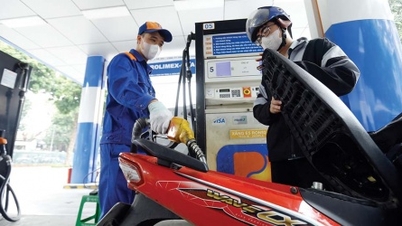

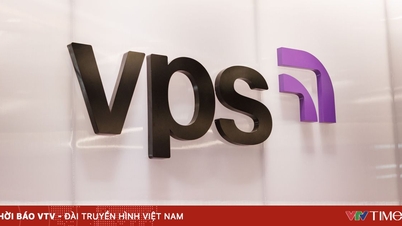

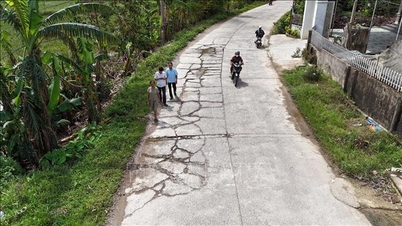

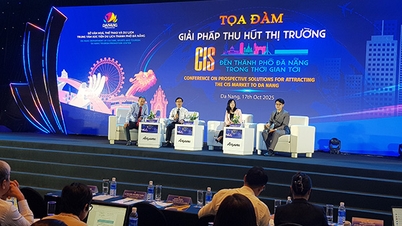



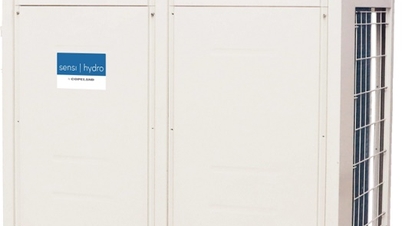





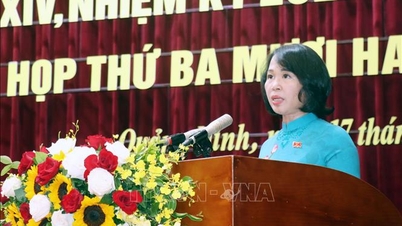



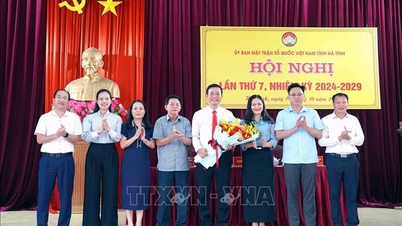






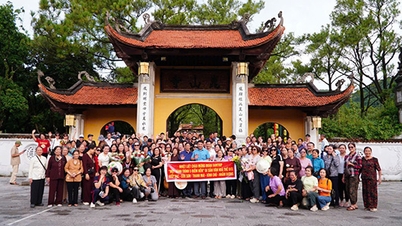





















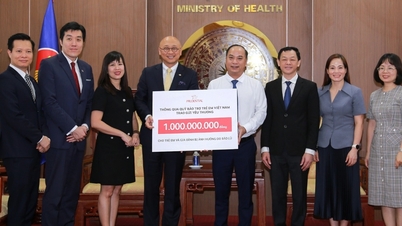

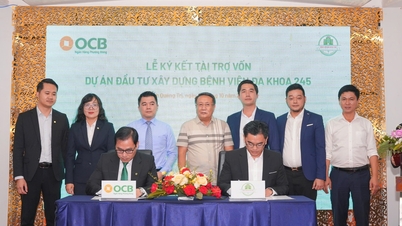


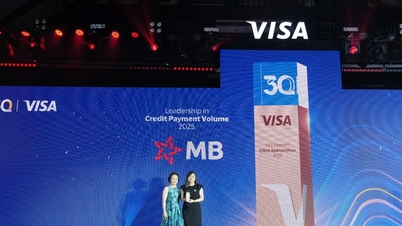










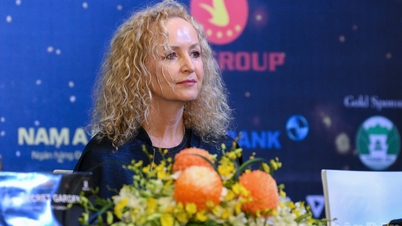





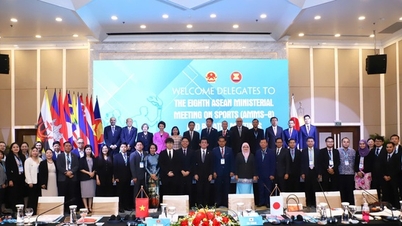







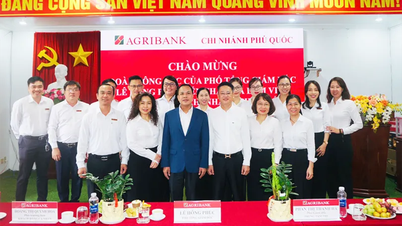



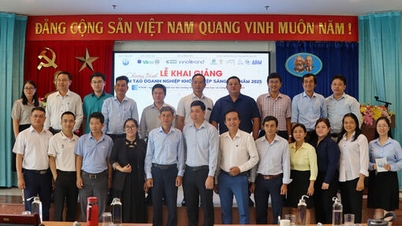
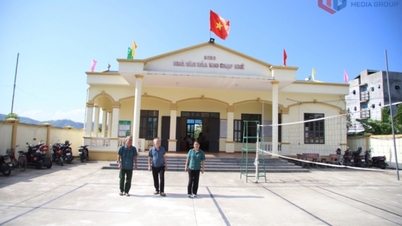

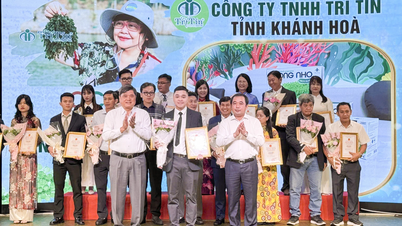















Comment (0)